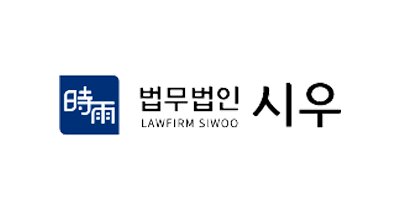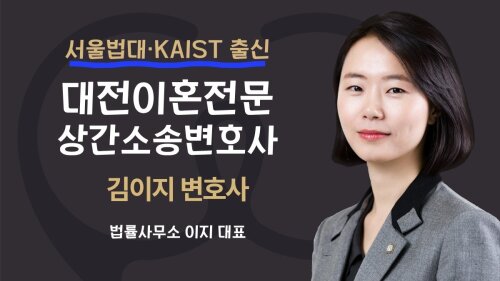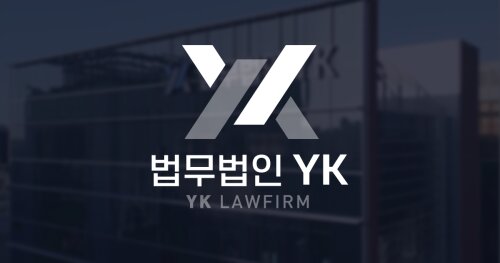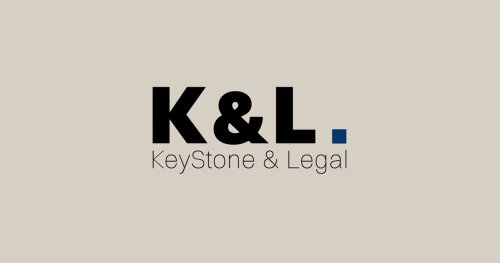Best Lawsuits & Disputes Lawyers in South Korea
Share your needs with us, get contacted by law firms.
Free. Takes 2 min.
Or refine your search by selecting a city:
List of the best lawyers in South Korea
About Lawsuits & Disputes Law in South Korea
Lawsuits and disputes in South Korea are governed by a multifaceted legal system that incorporates both civil and criminal procedures. The legal framework is heavily influenced by both traditional Korean legal philosophy and Western legal principles. Dispute resolution typically involves settling disagreements between parties regarding civil, commercial, labor, or administrative matters. South Korea encourages various means of dispute resolution, including litigation, arbitration, and mediation. The Korean Civil Procedure Act and the Arbitration Act provide comprehensive guidelines on how disputes should be handled within the South Korean legal system.
Why You May Need a Lawyer
Engaging a lawyer in disputes can be crucial for several reasons:
- Complexity of Legal Procedures: South Korean legal processes can be complex, requiring expertise in navigating court procedures and legal documentation.
- Language Barrier: For non-Korean speakers, effectively communicating legal terms and understanding legal documents can be challenging.
- Dispute Resolution: Lawyers can help negotiate settlements or guide parties through arbitration or mediation, which might be faster and less confrontational than court proceedings.
- Representation in Court: In some instances, self-representation might not be advisable. Legal expertise can significantly impact the outcome in court.
- Legal Compliance and Risk Management: Lawyers can provide guidance to ensure business practices comply with South Korean laws, thereby reducing the risk of future disputes.
Local Laws Overview
Key aspects of laws relevant to lawsuits and disputes in South Korea include:
- Civil Law: Governed by the Civil Act, it outlines the legal groundwork for personal rights, property rights, and contractual obligations.
- Commercial Act: Addresses business-related disputes, including corporate governance, partnerships, and trade transactions.
- Labor Law: Encompasses employer-employee disputes, including issues related to wrongful termination, workplace discrimination, and employment contracts.
- Family Law: Pertains to disputes related to divorce, child custody, and inheritance, governed by the Family Litigation Act.
- Arbitration Act: Encourages resolving disputes through arbitration, offering an alternative method outside of court litigation.
- Mediation: A vital component in resolving disputes amicably, often facilitated by autonomous organizations or court-directed mediation sessions.
Frequently Asked Questions
What types of disputes are most common in South Korea?
Common disputes include commercial disputes, employment disputes, real estate disputes, and family law matters such as divorce and child custody.
How long does a typical lawsuit take to resolve?
It varies depending on the complexity of the case. Simple cases may take a few months, whereas more complicated cases, especially those involving appeals, may extend for several years.
Can I represent myself in court?
While self-representation is allowed, it is generally advisable to hire a lawyer due to the complexity and procedural nuances of the legal system.
What is the role of arbitration in South Korean law?
Arbitration serves as an alternative to litigation, offering a private and often quicker resolution to disputes, particularly in commercial matters.
Are court proceedings conducted in English?
No, court proceedings are generally conducted in Korean. It is advisable to have a translator if you do not speak the language.
What are the costs involved in filing a lawsuit?
Costs can include court fees, attorney fees, and other administrative expenses. It is essential to discuss fee structures with your lawyer at the outset.
How is mediation different from arbitration?
Mediation involves a neutral third party helping the disputants reach a voluntary agreement, while arbitration results in a binding decision made by the arbitrator.
What should I prepare before meeting with a lawyer?
Collect all relevant documents, evidence, and any correspondence related to the dispute. Be prepared to provide a detailed account of the issue at hand.
Are there any necessary actions to take before filing a lawsuit?
It is advisable to attempt dispute resolution through negotiation or mediation before proceeding to file a formal lawsuit.
What happens if I lose a lawsuit?
If you lose, you may be responsible for the other party's legal costs, and the decision may be enforceable by law. However, you might have the option to appeal.
Additional Resources
For further assistance, consider reaching out to the following:
- Korean Bar Association: Provides resources for finding qualified lawyers and legal advisors.
- Korea Legal Aid Corporation: Offers legal assistance to those unable to afford it.
- International Arbitration Center: Facilitates arbitration proceedings and provides guidance.
- Court Website: The official online presence for accessing court services and information on filing procedures.
- Ministry of Justice: Offers information on legislative changes and legal resources.
Next Steps
If you require legal assistance, consider the following steps:
- Identify the nature of your dispute to determine the type of legal expertise required.
- Contact a qualified lawyer specializing in your area of need through the Korean Bar Association.
- Arrange an initial consultation to discuss your case and understand potential legal strategies.
- Evaluate fee structures and ensure transparency on costs involved in legal representation.
- Gather all necessary documents and evidence to prepare for your lawyer's assessment.
Working closely with a legal professional can help navigate the complexities of Your dispute and seek a favorable resolution.
Lawzana helps you find the best lawyers and law firms in South Korea through a curated and pre-screened list of qualified legal professionals. Our platform offers rankings and detailed profiles of attorneys and law firms, allowing you to compare based on practice areas, including Lawsuits & Disputes, experience, and client feedback.
Each profile includes a description of the firm's areas of practice, client reviews, team members and partners, year of establishment, spoken languages, office locations, contact information, social media presence, and any published articles or resources. Most firms on our platform speak English and are experienced in both local and international legal matters.
Get a quote from top-rated law firms in South Korea — quickly, securely, and without unnecessary hassle.
Disclaimer:
The information provided on this page is for general informational purposes only and does not constitute legal advice. While we strive to ensure the accuracy and relevance of the content, legal information may change over time, and interpretations of the law can vary. You should always consult with a qualified legal professional for advice specific to your situation.
We disclaim all liability for actions taken or not taken based on the content of this page. If you believe any information is incorrect or outdated, please contact us, and we will review and update it where appropriate.
Browse lawsuits & disputes law firms by service in South Korea
South Korea Attorneys in related practice areas.
Browse lawsuits & disputes law firms by city in South Korea
Refine your search by selecting a city.















